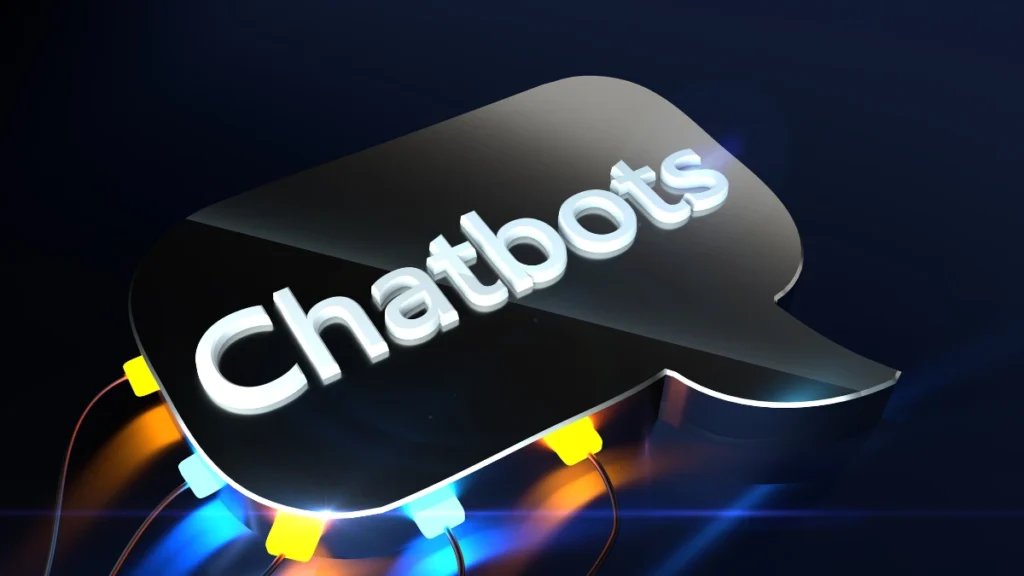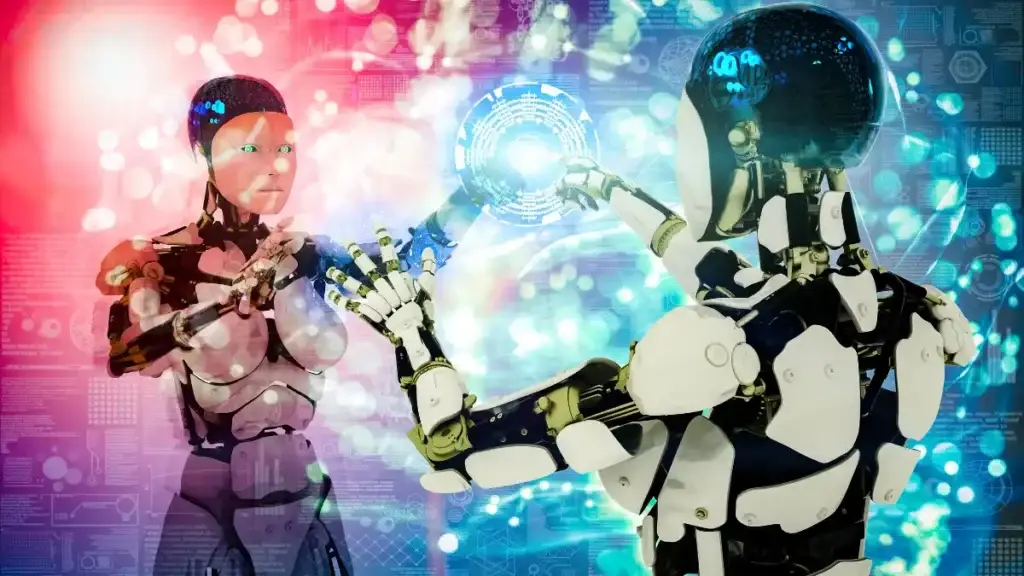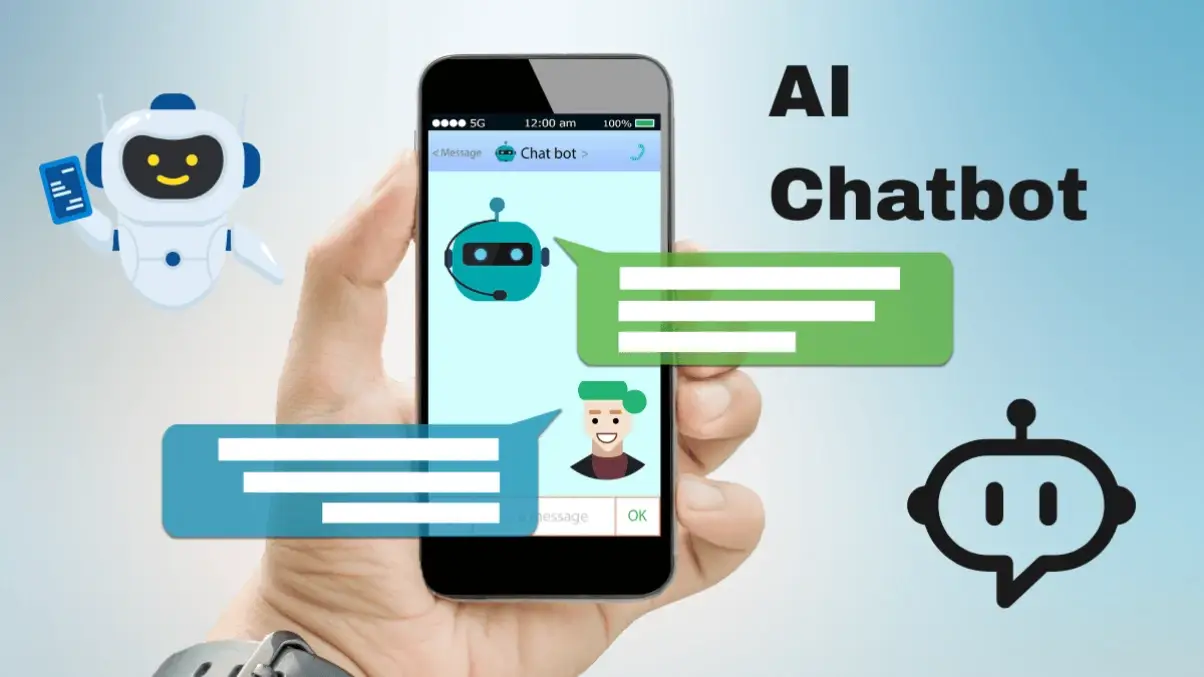Master the art of AI chatbot implementation. From defining goals to selecting technology stacks, ensure seamless integration for business success.
In this digital environment, AI chatbots have become a widespread phenomenon which helped the business to redefine its engagement strengths with the clients in a better way. AI chatbots are real-time software powered by artificial intelligence (AI), which builds algorithms that enable communication with human audiences, and hence the exchange of information with machines. The following course will involve contemplating the advancement of AI chatbots, their advantages and disadvantages, and their prospects of becoming more widespread in years to come.
Evolution of AI Chatbots

In the 1960s, which was the first recorded decade in the AI chatbot development history, ELIZA, a simple text-based conversation expert appeared. It all started at that time. Since then, AI chatbots have experienced huge changes. Technological advancements driving the evolution: Notable strides have been made mostly in natural language processing (NLP), machine learning (ML), and neural networks in achieving better AI chatbot capabilities. These advancements have equipped AI chatbots with the capability to comprehend and answer user questions better so that the users can get the answers in a transparent, so to speak, way.
Benefits of AI Chatbots
AI chatbots make it possible to deliver immediate personalized help to customers, which brings about a substantial increase in satisfaction levels, loyalty, and retention. Unlike human agents, AI chatbots can be available 24/7 to attend to customer queries and be used from any place in the world. They do not have any limits to the number of people they can serve per time, therefore functioning as a greater number of people than human agents. AI chatbots can save the costs of processing routine matters and jobs, and the time employees spend with customers could be cut down if this kind of technology is applied. AI chatbots can parse through wide ranges of data and propose tailored suggestions alongside growing user engagement therefore boosting customer experience.
Applications Across Industries

Thus, AI chatbots employed in e-commerce are making the buying experience easier by offering customers personalized advice on products, help with orders, and responding to customers’ questions. AI chatbots in healthcare enable patients to access information on their symptoms, schedule appointments, and receive online consultation services apart from routine visits to clinics. AI chatbots in banking and finance can be frequently used to conduct transactions, give an account view, or assist with financial advice thus raising customer satisfaction and making business functions more efficient. AI-based chatbots in education are taking revolution with their approach of inclusive learning experiences, natural tutoring support, and interactive activities. Within the hospitality industry, AI chatbots do customer services through online restaurant reservations, tips, and directions to local hot spots and reply swiftly to customer inquiries.
Challenges and Considerations
In the face of the widespread use of AI chatbots, significant issues concerning the privacy and security of users arise, which require elaborate implementation of appropriate safety measures against crucial information leakage. The builders should guarantee that machine learning chatbots that conduct conversations with human users follow ethical rules and do not seed biases during this communication process. Developing AI chatbots, and integrating them with the existing systems or workflows to make the bot come online and work as it should is a very careful task that involves a lot of planning and coordination so that it can operate with maximum efficiency and smooth objectives. The efficiency of the chatbot’s AI is undeniable, but the humanized approach, that connects their customers with a personalized and emotional response is still in the best for the businesses.
Future Prospects

There is no doubt that over time, AI chatbots will become more advanced and mature too, to the point of carrying out highly complex jobs for us. Increasingly complex communication channels between AI assistance and the up-and-coming AR, VR, and IoT technologies will make the user experience more comprehensive and smooth. With the growing use of AI converses, people should take into account some relevant ethical issues connected with job displacement, privacy, and liberty. AI chatbot powers will grow by steer-by in a multitude of industry sectors. The functional stadium in business operation, dialogue with customers, and in everything the digital mayhem will change greatly.
Best Practices for Implementing AI Chatbots
The Application of AI in Human-Bot Contexts is a challenging task as the AI technology may not deal effectively with human emotions and might misinterpret some human sentiments.
Before going ahead with AI chatbots businesses must exactly define the goals they are looking for and select the use cases where AI bots can create value for them. It is very important to correctly choose a platform and technology stack that will make AI chatbot implementations effective, fast, and scalable. AI operators require much-qualified training data sets and progressive learning algorithms to be able to make extremely precise and efficient both now and in the future. The check on the performance of AI chatbots and gathering users’ feedback remains the foremost amenity to identifying the weak areas and continuous optimization.
Conclusion
In this survey, we have covered the main components of our earlier observations like the birth, advantages, uses, issues, and the future of the AI chatbots. In traversing the digital transformation path, organizations must simply achieve AI chatbots as potent tools for streamlining users’ experience, driving process efficiency, and keeping their competitive advantage in the digital era. Advocate for the employment of AI chatbots by industries. This step will help to analyze the implementation of those chatbots and make the most of the automation of business processes in the modern business environment of AI.

